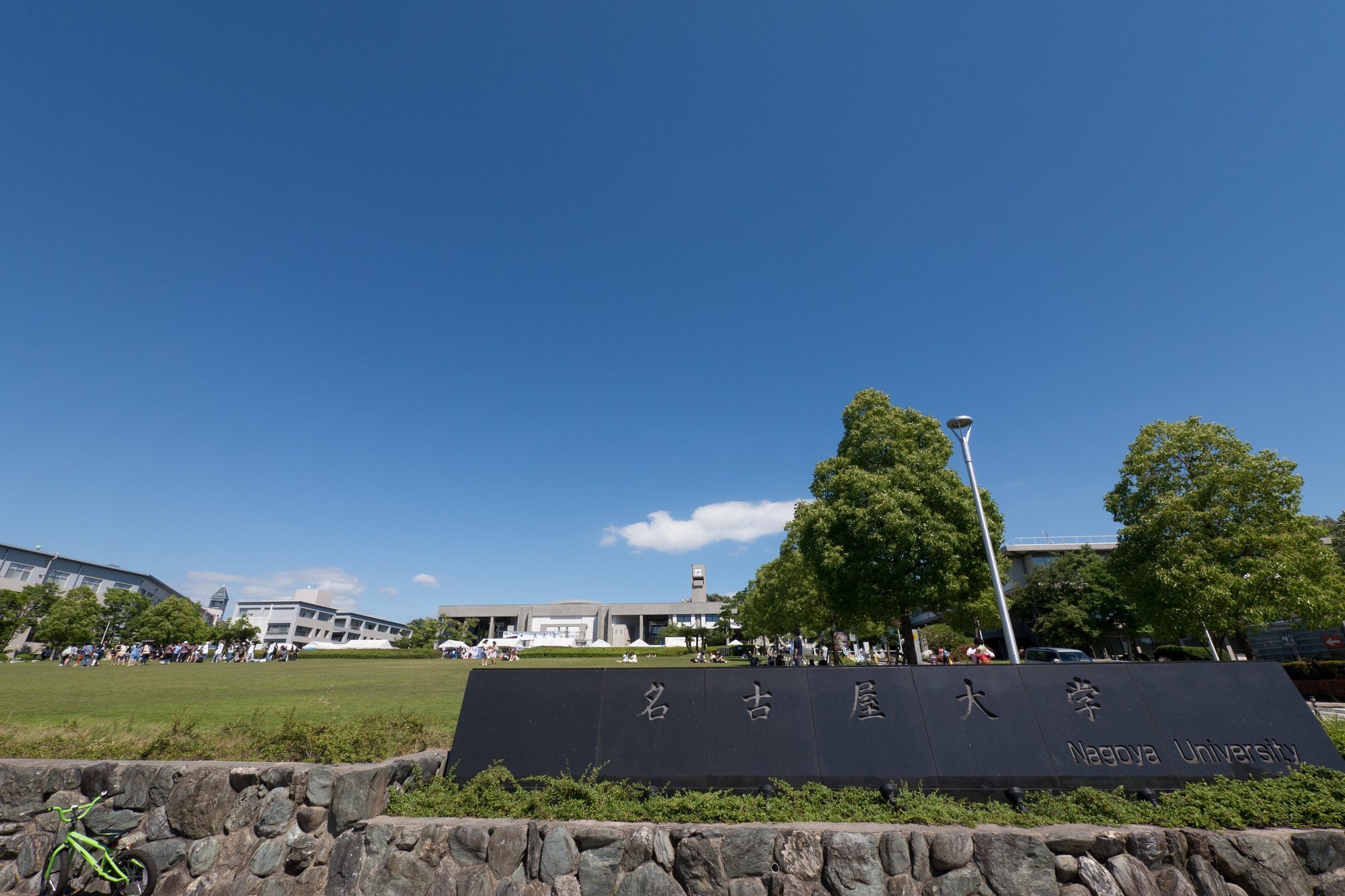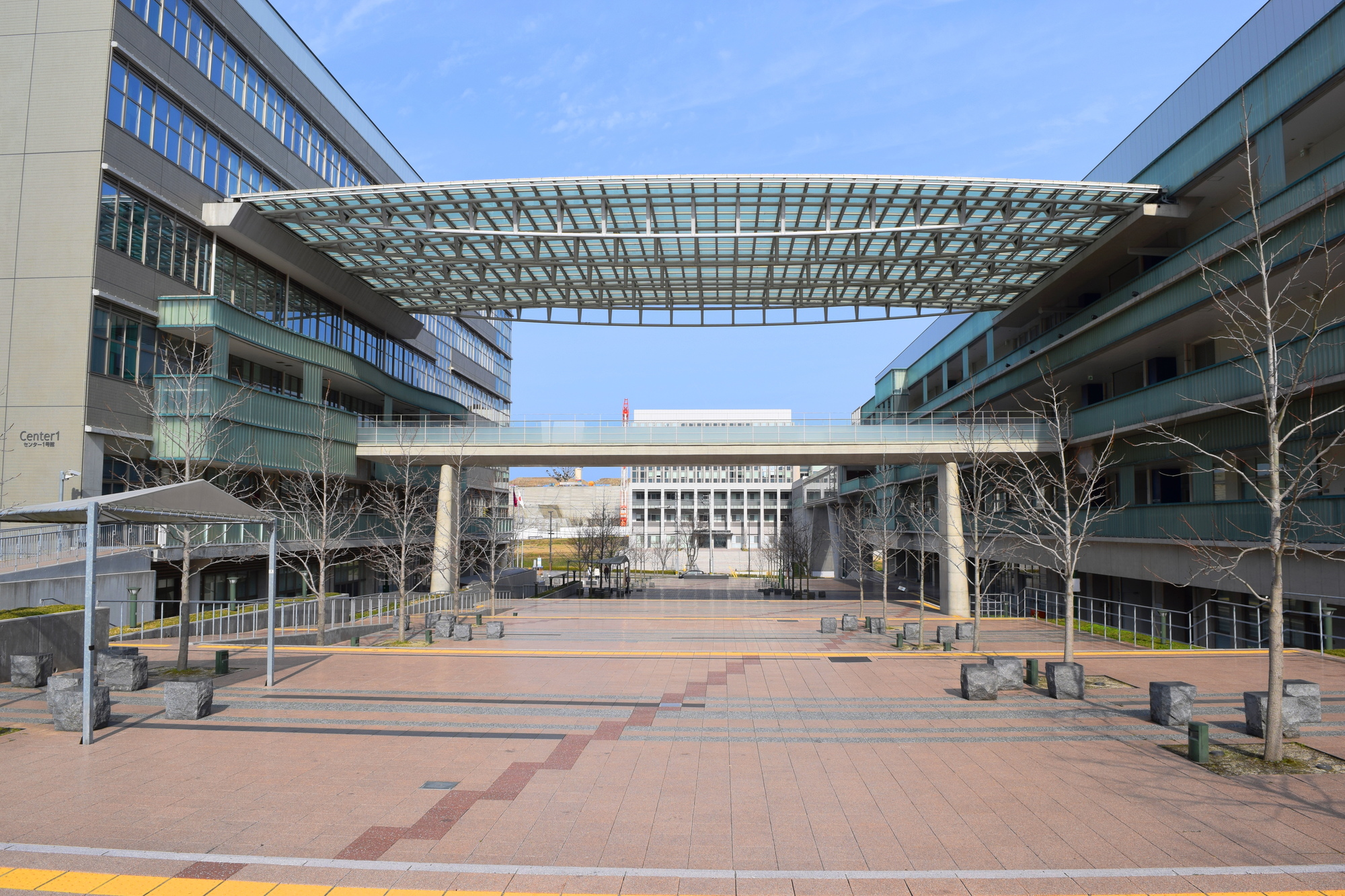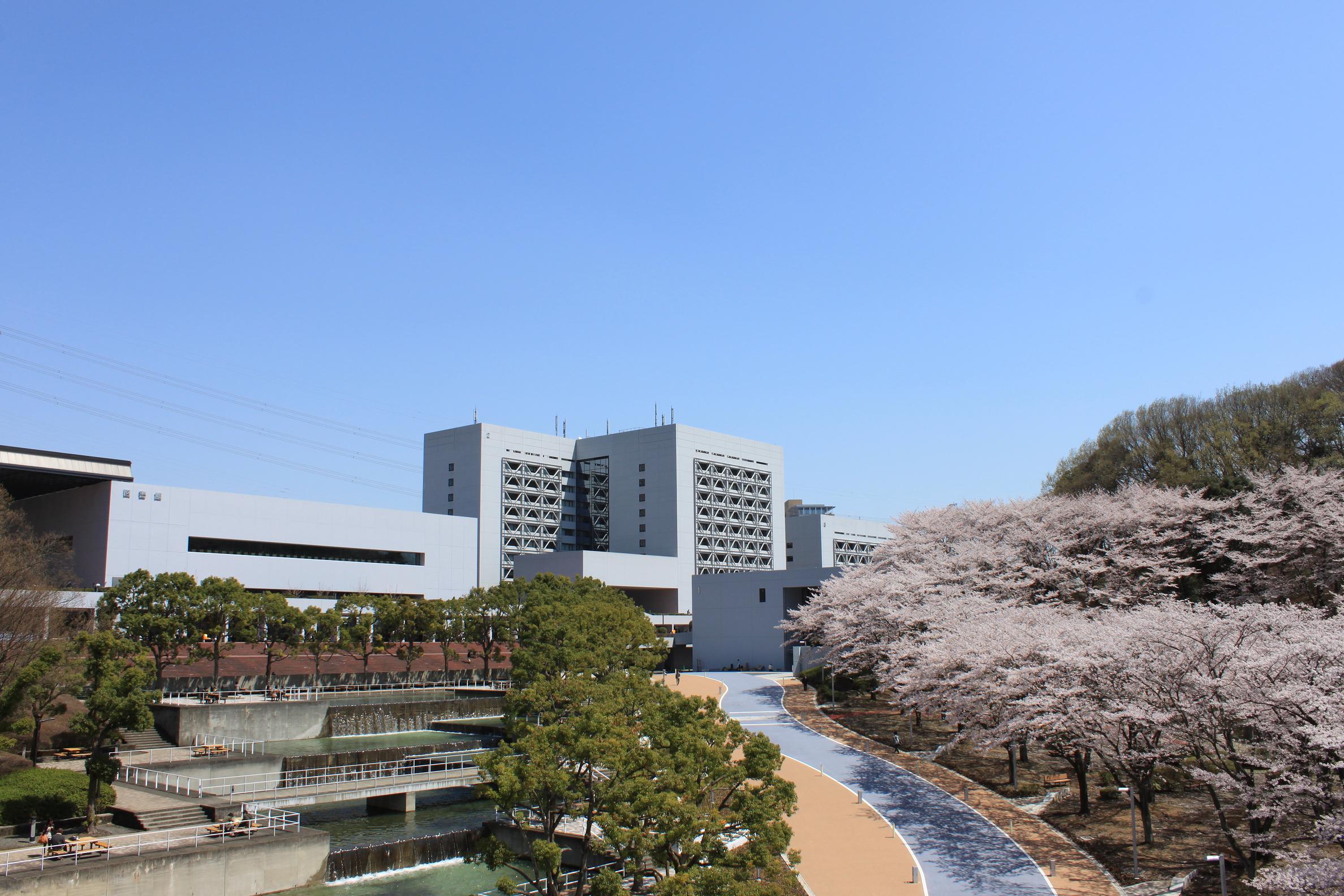A collaborative research group led by Assistant Professor Kotaro Hiramatsu of the University of Tokyo Graduate School of Science has developed a new large-scale single-cell analysis method that can measure the individuality of more than 1000 cells per second.
Like human individuals, each cell has its own individuality, and by measuring one cell separately, it is possible to obtain important basic scientific findings that are overlooked in the measurement of population averages.Flow cytometry is usually used as a method for measuring individual cells, but since it is necessary to stain biomolecules with a fluorescent dye, there are drawbacks such as cytotoxicity and autofluorescence due to the fluorescent dye, and metabolites and the like. Small biomolecules were difficult to stain and their application range was limited.
Therefore, this time, the research group applied Raman spectroscopy, which can measure intracellular biomolecules without staining by shining light, and unlabeled intracellular molecules at a throughput of 1000 cells or more per second. We have developed a method for measuring "fingerprints" based on the vibration of the cell.By this method, the amount and structure of biomolecules present in cells are determined, and while paying attention to the individuality of each cell, a large number of cells are analyzed alive. It has become possible.
With this technology, it has become possible to analyze the accumulated amount of metabolic products and their production dynamics, which were difficult to analyze by conventional flow cytometry, without labeling and at high speed.Further, by using a liquid sample such as blood, it is expected that various cells in blood can be measured at high speed and with high accuracy, and disease detection and prediction will be possible.
Paper information:[Science Advances] High-throughput label-free molecular fingerprinting flow cytometry




